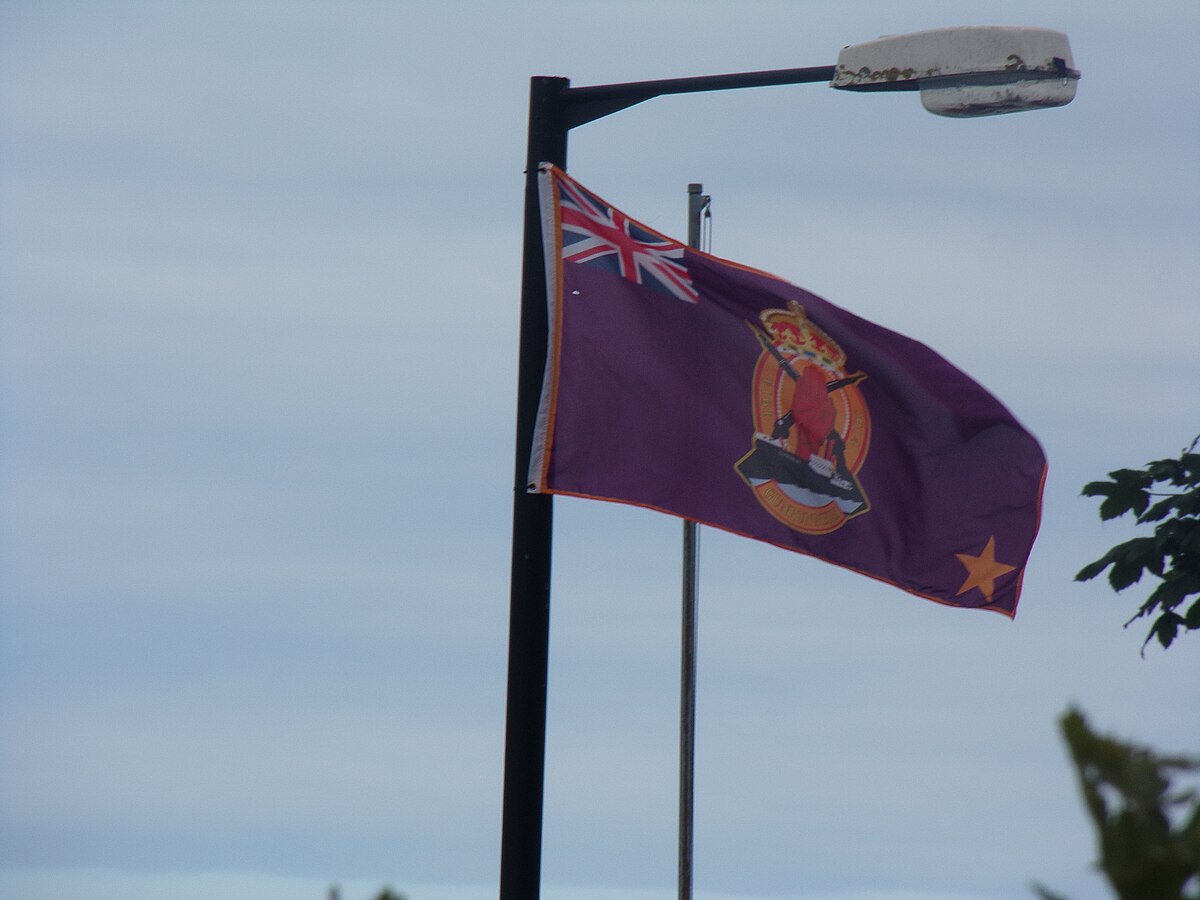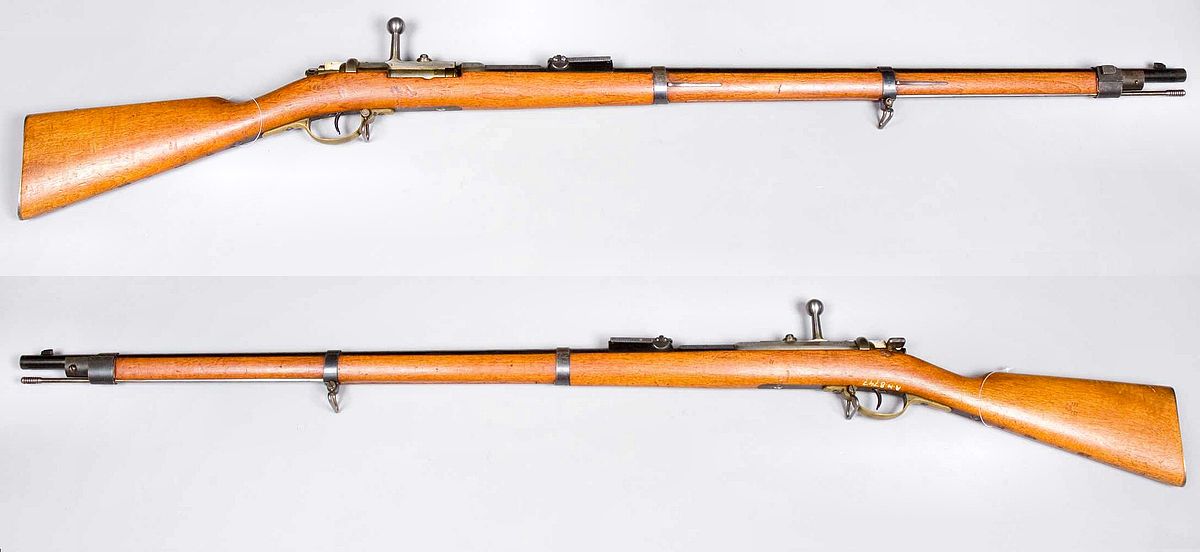Riain
Banned
The merchant uboat Deutschland was ordered in October 1915, launched in April 1916 and undertook her first cruise as a merchant uboat in June 1916. Her sister boat Bremen was a few months behind, undertaking her first merchant voyage in September 1916, in which she was lost without reaching the US.
Following the success of the Deutschland's two trade voyages another 6 were ordered on 29 November 1916, but as tension increased with the US 4 of these were taken over by the navy to be turned into u-cruisers and the final 2 plus the Deutschland were taken over by the navy in February 1917.
WI the need and initial order for Deutschland and Bremen were bought forward by 6 months? Duetschland making its maiden voyage in December 1915 and Bremen in March 1916.
Assuming sailing 6 months earlier butterflies the Bremen being sunk on her maiden voyage, what difference could 2 merchant uboats opening trade with the US in 1916 make?
Following the success of the Deutschland's two trade voyages another 6 were ordered on 29 November 1916, but as tension increased with the US 4 of these were taken over by the navy to be turned into u-cruisers and the final 2 plus the Deutschland were taken over by the navy in February 1917.
WI the need and initial order for Deutschland and Bremen were bought forward by 6 months? Duetschland making its maiden voyage in December 1915 and Bremen in March 1916.
Assuming sailing 6 months earlier butterflies the Bremen being sunk on her maiden voyage, what difference could 2 merchant uboats opening trade with the US in 1916 make?
Last edited:


